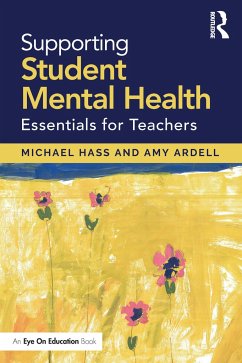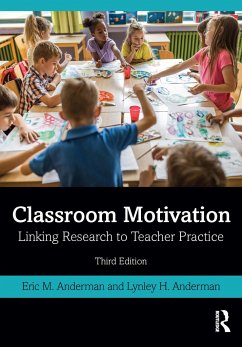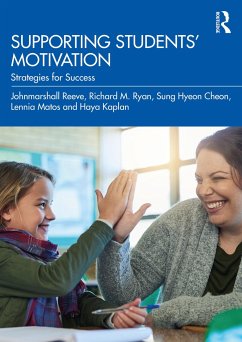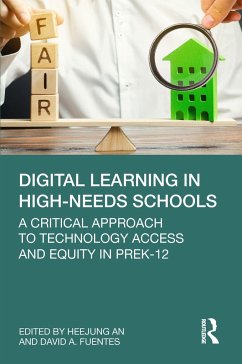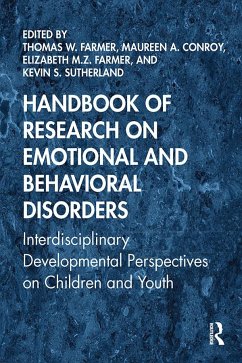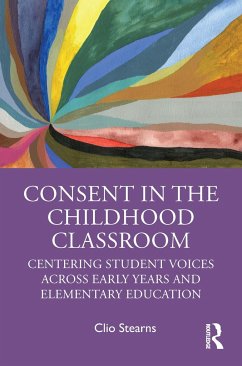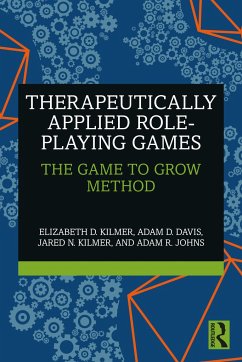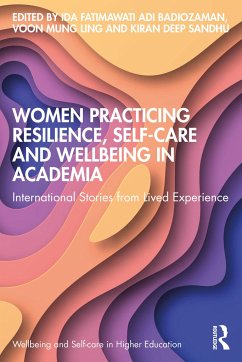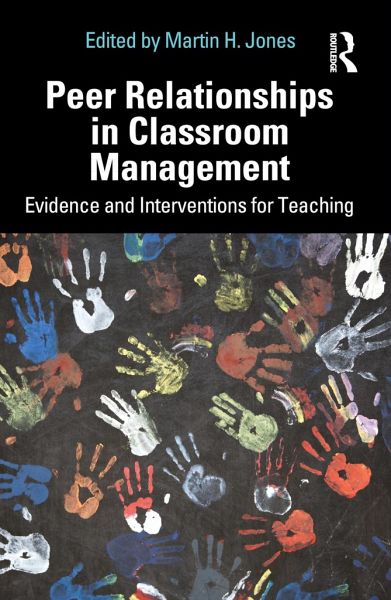
Peer Relationships in Classroom Management
Evidence and Interventions for Teaching
Herausgegeben: Jones, Martin H.
Versandkostenfrei!
Versandfertig in 6-10 Tagen
43,99 €
inkl. MwSt.

PAYBACK Punkte
22 °P sammeln!
Peer Relationships in Classroom Management offers pragmatic, empirically validated guidance to teachers in training on issues pertaining to students' interpersonal relationships. Concepts such as bullying, popularity, and online friendships are ubiquitous in today's schools, but what kinds of scientific and pedagogical knowledge can support teachers navigating students' complex lives? Using real-world examples and case studies, this book helps preservice educators to enhance their knowledge of classroom management by focusing on the interpersonal relationships in their schools. Each chapter in...
Peer Relationships in Classroom Management offers pragmatic, empirically validated guidance to teachers in training on issues pertaining to students' interpersonal relationships. Concepts such as bullying, popularity, and online friendships are ubiquitous in today's schools, but what kinds of scientific and pedagogical knowledge can support teachers navigating students' complex lives? Using real-world examples and case studies, this book helps preservice educators to enhance their knowledge of classroom management by focusing on the interpersonal relationships in their schools. Each chapter includes an accessible approach to understanding the social motives in student's peer interactions inside school, and how to best intervene when these social interactions become detrimental to learning or cause negative interpersonal interactions.





